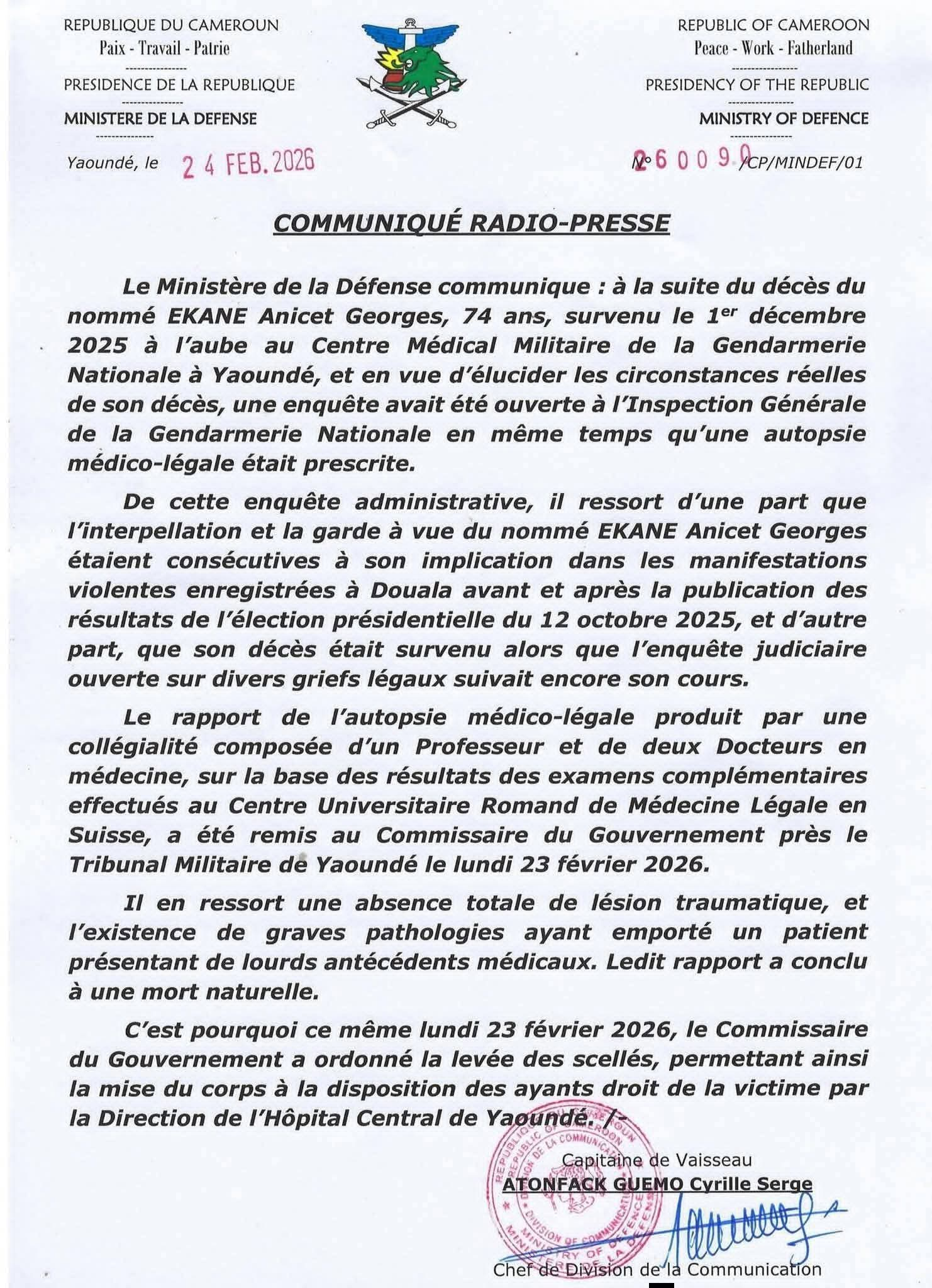Brussels thinks Yaoundé is not cooperating in the fight against illegal, unreported and unregulated fishing (IUU).Finally, the Commission of the European Union (EU) is carrying out its threat.
In February 2021, it had sent a notification to inform Cameroon of “the persistence of serious shortcomings” in its fisheries policy.
On Thursday January 5, 2023, this Central African country was given a “red card.”
Under the “IUU Regulation” of the European Community space, which came into force in 2010, “EU member states refuse the import of fishery products from Cameroon even when they are accompanied by catch certificates validated by national authorities.”
The communiqué, seen by APA, adds that this decision “is based in particular on the inability of the Cameroonian authorities to ensure adequate control of the national fishing fleet and to take the necessary corrective measures to stop and prevent IUU fishing activities.”
In addition, the document states that Cameroon has continued to register fishing vessels operating outside its waters, including an IUU vessel, without any monitoring of their activities.
Brussels was heavy-handed because “IUU fishing constitutes one of the most serious threats to the sustainable exploitation of living aquatic resources, undermines the foundations of the EU’s Common Fisheries Policy and the Union’s international efforts to promote better ocean governance, and represents a major danger to marine biodiversity and the environment.’
The total estimated value of IUU fishing, the source says, ranges between €10 and €20 billion per year.
And each year, between eleven and 26 million tons of fish are caught illegally, which corresponds to at least 15 percent of the global catch.
This is why the EU Commission “has zero tolerance for IUU fishing.” It will now propose to the European Council that Cameroon be placed on the list of non-cooperating countries, but it is not breaking off the dialogue with the leaders of this state because it is always possible to “remedy the shortcomings noted.”
The European Union, the world’s largest importer of fisheries products, had already closed its market to Cameroon for “non-compliance with sanitary rules” in the fisheries sector. Paul Biya’s country is now subject to a double sanction.




